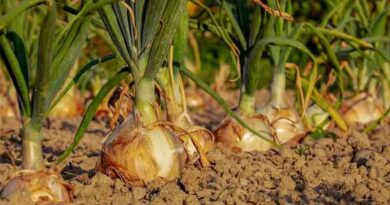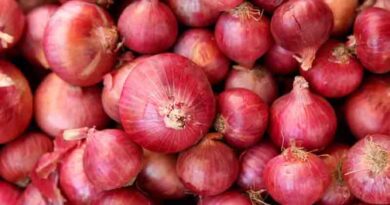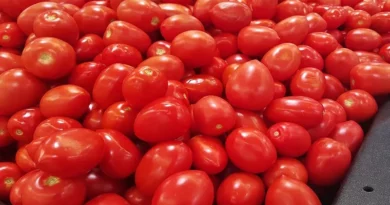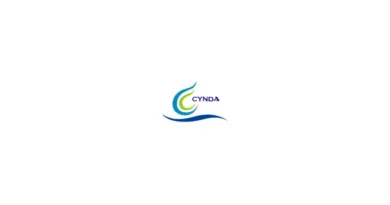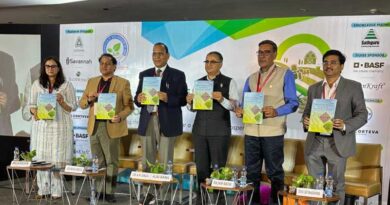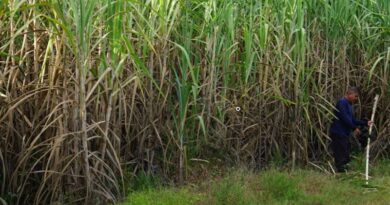Pakistan to import sugar, cotton from India after 2-year ban
01 April 2021, Pakistan: Pakistan will start importing sugar and cotton from India, finance minister Hammad Azhar said on Wednesday. The announcement comes after nearly a two-year ban on Indian imports by Islamabad, and hints at a possible revival in bilateral trade between the two countries.
According to local news reports, Pakistan’s top decision-making body, the Economic Coordination Council, allowed private businesses in Pakistan to import 0.5 million tonnes of white sugar to rein in local prices ahead of Ramzan. Pakistani traders are already enquiring about Indian sugar and cotton, which will be available at lower prices than supplies from other countries, a Reuters report quoting dealers in India said.
India is the world’s biggest producer of cotton and the second-largest sugar-producing country. Pakistan was one of the leading buyers of Indian cotton until 2019. Direct trade between the two countries averaged $2.1-2.5 billion, while indirect trade via third countries was much more. Studies have shown that direct trade could touch $11-20 billion if trade barriers were lowered by the two countries. There was, however, no official confirmation on the development by New Delhi. India seems to be exercising caution considering that several earlier attempts by the Modi government and the United Progressive Alliance government led by Manmohan Singh, had failed to stabilize or improve relations with Pakistan. The two countries have fought four wars since 1947.
The suspension of the ban on Indian imports is being seen as part of a series of moves by both countries to improve ties. Tension between New Delhi and Islamabad had increased following Pakistan’s alleged covert support for terrorist attacks in India during 2016-19 as well as by New Delhi’s decision to revoke an article of its constitution that had bestowed special status to Kashmir in August 2019. After the Pulwama terror attack in February 2019, India withdrew the non-discriminatory market status it had unilaterally granted to Pakistan in 1996 and imposed a customs duty of 200% on all goods originating from Pakistan. India had also suspended cross-border trade in April 2019 on receiving reports that the routes were being misused by Pakistan-based elements for funnelling illegal weapons, narcotics and fake currency. In August 2019, Pakistan had announced suspension of bilateral trade with India. Partial relaxation was provided in September 2019 for trade in certain pharmaceutical products.
The first signs of a thaw in relations came with the armies of India and Pakistan issuing a rare joint statement last month, announcing they would adhere to the 2003 ceasefire agreement along the disputed border in Kashmir. It was followed by an exchange of letters between the two prime ministers on the occasion of Pakistan’s national day earlier this month. Pakistan’s powerful army chief Qamar Javed Bajwa while addressing a seminar, called on India to “bury the past” and move forward. Bajwa noted that stable India-Pakistan relations were key to unlocking the potential of South and Central Asia, and improving connectivity between East and West Asia. “The Kashmir issue is obviously at the heart of this,” Bajwa was quoted as saying by the Dawn newspaper. He also urged for a peaceful resolution to the dispute over Kashmir.
According to news reports, the UAE and Saudi Arabia have been playing a behind-the-scenes role in bringing India and Pakistan closer. Pakistan’s move to import cotton followed a drop in local production, estimated to be below six million bales as on 1 March, the lowest in at least 30 years, other news reports said.


